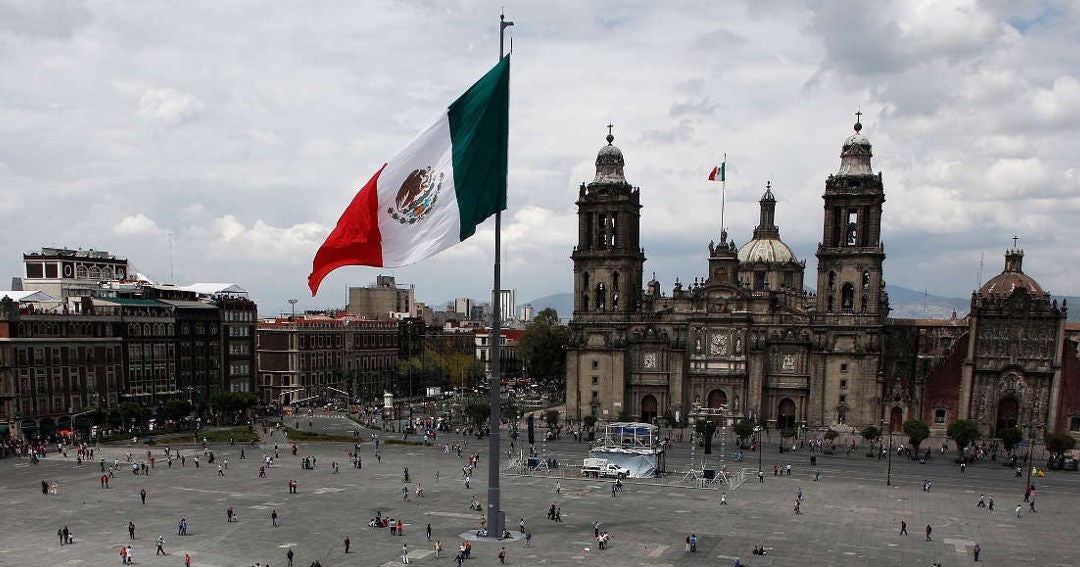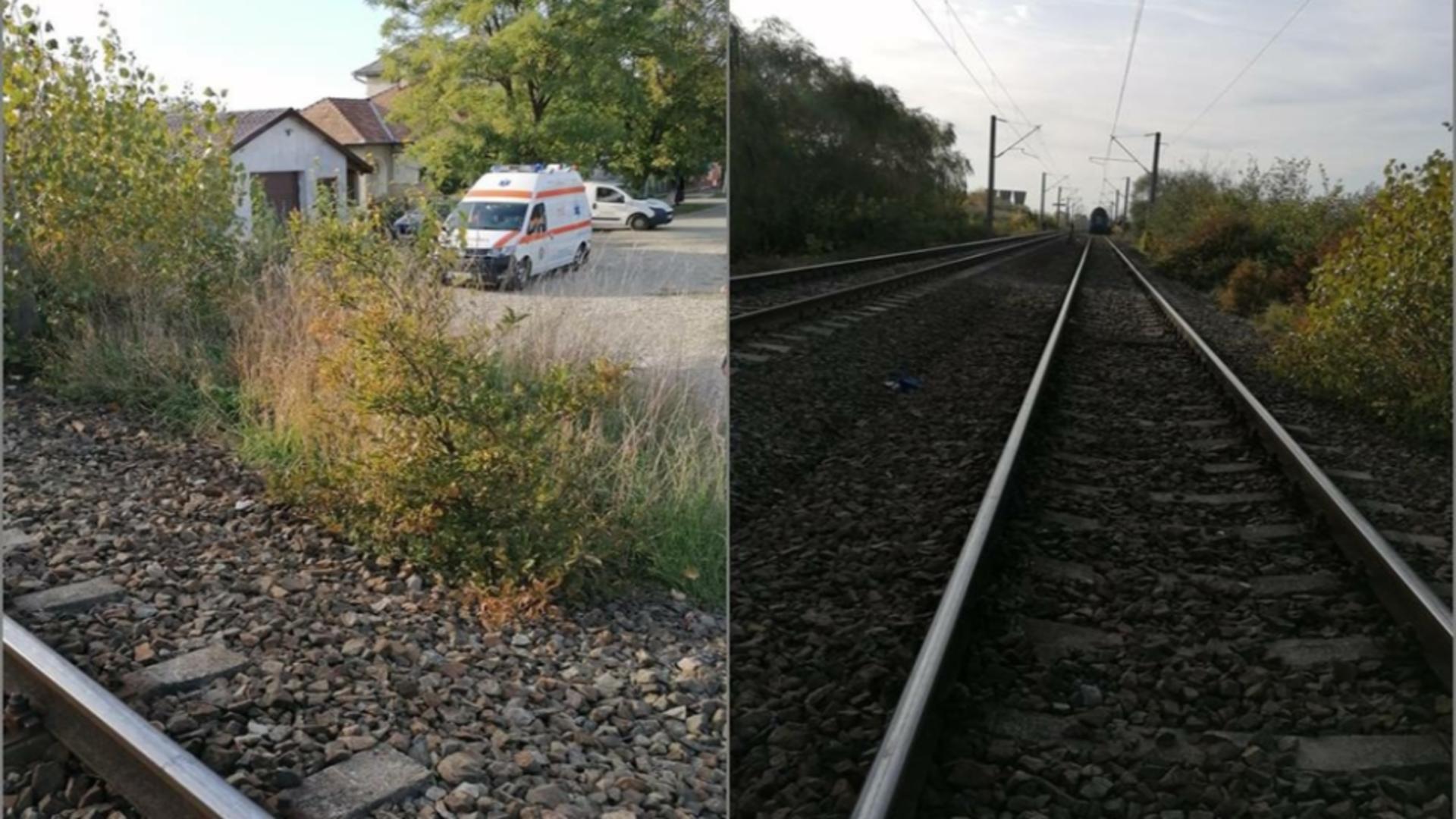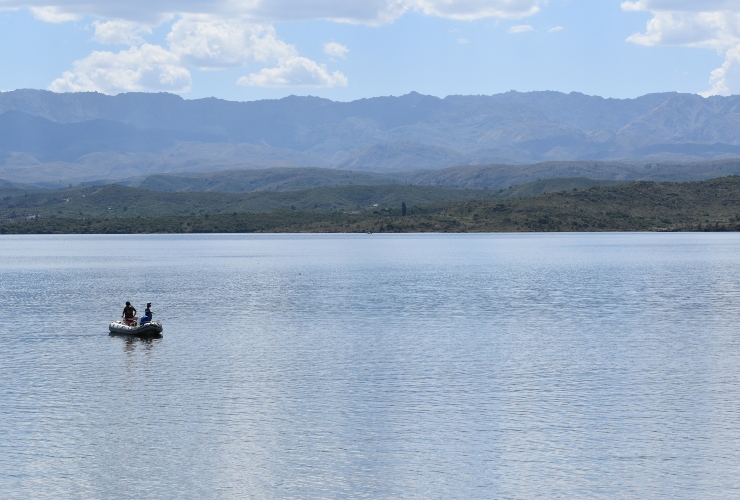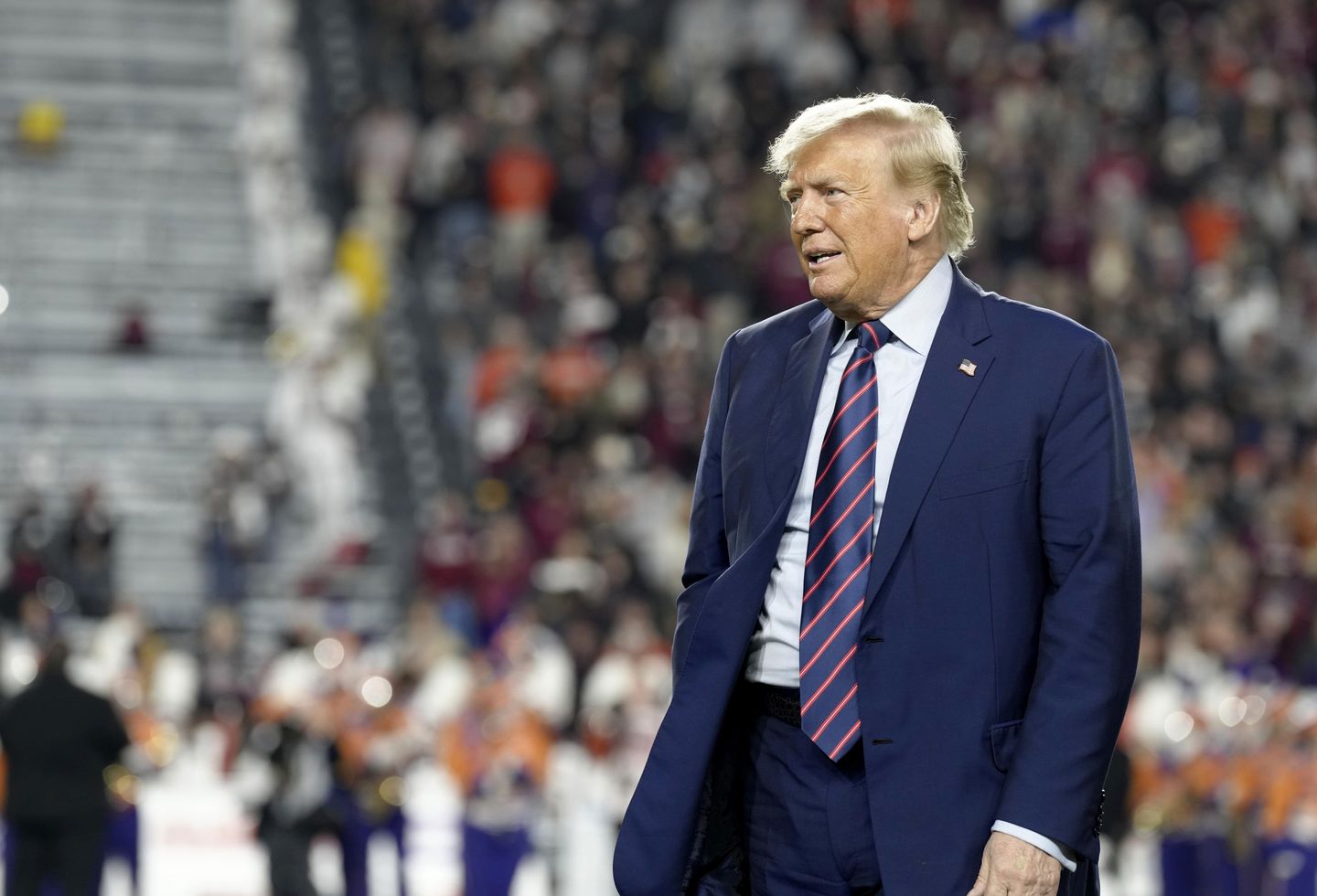
Sometimes everything seems a bit like a diplomatic version of patronage.
In Geneva and Brussels, the West diplomats confront their Russian counterparts, discussing, among other things, Ukraine’s ability as a sovereign independent state to shape its own destiny.
But there is no
No matter how many times senior US officials repeat the mantra “nothing about Ukraine without Ukraine” – and repeat it at every opportunity – to Ukrainians it’s hard not to wonder what it’s all about behind their backs.
- ) We will not attack Ukraine – Russia’s message to America
- Putin: We do not want American missiles at our door – Russia is not to blame for the gas crisis
- Can the American “Silver Fox” outsmart Vladimir Putin
And with 100,000 Russian troops on the country’s northern and eastern borders, you’d think that’s a cause for serious concern. .
Orthodox Christmas was celebrated here last Friday, and if you walk through the busy Christmas fairs of Kiev, you will not be overwhelmed by the feeling of readiness or anxiety.
“People are used to hard times here,” says Petro Burkovski of one of Kiev’s oldest independent expert groups, the Ilko Kuceriv Forum for Democratic Initiatives. .
“In the 20th century, we had many opportunities when people lived in everyday horror. It is an integral part of their historical memory. ”
There is no place for Ukraine
- 10. January: Several Russian and American diplomats
- met in Geneva 12. January: NATO-Russia Council meets in Brussels, for the first time since 2019
- 13. January: The Organization for Security and Co-operation in Europe (OSCE) meets in Vienna. The United States, Russia and Ukraine are all members of the OSCE
Current horror in Ukraine has been going on for almost eight years since masked Russian troops first appeared on the streets of Crimea.
Fighting broke out in the eastern region of Donbas in April 2014.
Since then, 14,000 soldiers and civilians have died in the conflict that the Kiev government calls the “Russian-Ukrainian war”.
To this day, Russia insists that it is not participating in the conflict.
Every morning during a short, gloomy ceremony in front of the building of the Ministry of Defense in Kiev, mail is paid to Ukrainian soldiers who died on that calendar day since independence gained in 1991.
The vast majority of them died after 2014.
(That morning when we were present, four names were read, each of them killed on January 11.
The last, O leh Andrijeno, he died a year ago.
(Every name read is accompanied by a gunfire and bells ringing.
At the other end of the city, the faces of the fallen soldiers stare in tight rows from the walls of St. Michael’s Cathedral in a memorial installation that stretches for almost 100 meters.
Passers-by pause thoughtfully, ignoring the snow and icy temperatures.
Viktor Morosan (63) was wounded during the fierce battle for Ilovaisk in August and September 2014.
He points to the faces of fallen comrades from the Donbas Volunteer Battalion who suffered heavy losses .
(“Everyone had one goal”, he says finally.
“Let’s free the country from these Russians.”
Viktor met his wife Tatiana while he was recovering in the hospital where she worked. as a volunteer.
“Maybe the war will be big next time,” she says.
“Putin has big plans to start a new war. These are not empty stories. “
Viktor describes himself as a Russian, from one of the areas now controlled by the rebels.
But his hatred of Russian leader Vladimir Putin is deep.
“He is a maniac. The killer. ”
- What Vladimir Putin is planning
- Russia warns NATO: Europe is threatened by a nightmare of armed conflict
- Biden threatens Moscow with sanctions over Ukraine, Putin says Kiev is provoking
Now retired, he says he is still in armor on standby and helmet for possible emergencies.
“My wife says: ‘Vitja, maybe you shouldn’t.’ But I tell her that we must be ready.
(“No one else will defend our homeland, only ourselves.”
This is the defiant attitude you might expect in a country facing poor chances of conflict and knows that if there is fighting, outside support will be very reduced.
Ukraine’s Western allies speak of “huge” consequences if Russia invades.
But even though it could mean increased military aid, Ukrainians would have to fight and die on their own.
Hence the growing support for NATO membership.
“Every time Russia starts escalating on the front line, support for NATO membership jumps”, says Petro Burkovski, “and the willingness to make concessions to Russia is declining.”
NATO leaders are publicly saying that the door to membership is open to Ukraine for the first time and Georgia in 2008, still open.
Deputy Prime Minister of Ukraine At the NATO headquarters in Brussels on Monday, she repeated her government’s refrain.
“We have an innate, sovereign right to choose our own security arrangements,” she said. is Olga Stefanišina to journalists.
“Like agreements and alliances.”
But it is no big secret that NATO membership is not a serious option at the moment.
Western officials know that this is exactly what would provoke a military conflict that they want so much to avoid.
Burkovski says that Ukraine has not much choice but to wait for this fading, long-lasting crisis to pass.
“At this moment, we have to accept the reality of confrontation and conflict with Russia,” he said.
“Maybe in time the situation with Russia to change. Russia may no longer be as powerful as it is now, Ukraine may be stronger, and the West may be more determined towards Ukraine and Russia. ”
For now, he says, Ukraine should focus on avoiding the fate of the other two Russian neighbors, Belarus and Kazakhstan.
“They show what kind of destiny awaits people in countries that are Russian satellites, “he said.
(Most people in Ukraine do not want that destiny for themselves and, of course, for their children. ”
Twitter . If you have a suggested topic for us, please contact bbcnasrpskom@bbc.co.uk
Note: This article has been indexed to our site. We do not claim legitimacy, ownership or copyright of any of the content above. To see the article at original source Click Here



 Follow us on
Follow us on 







